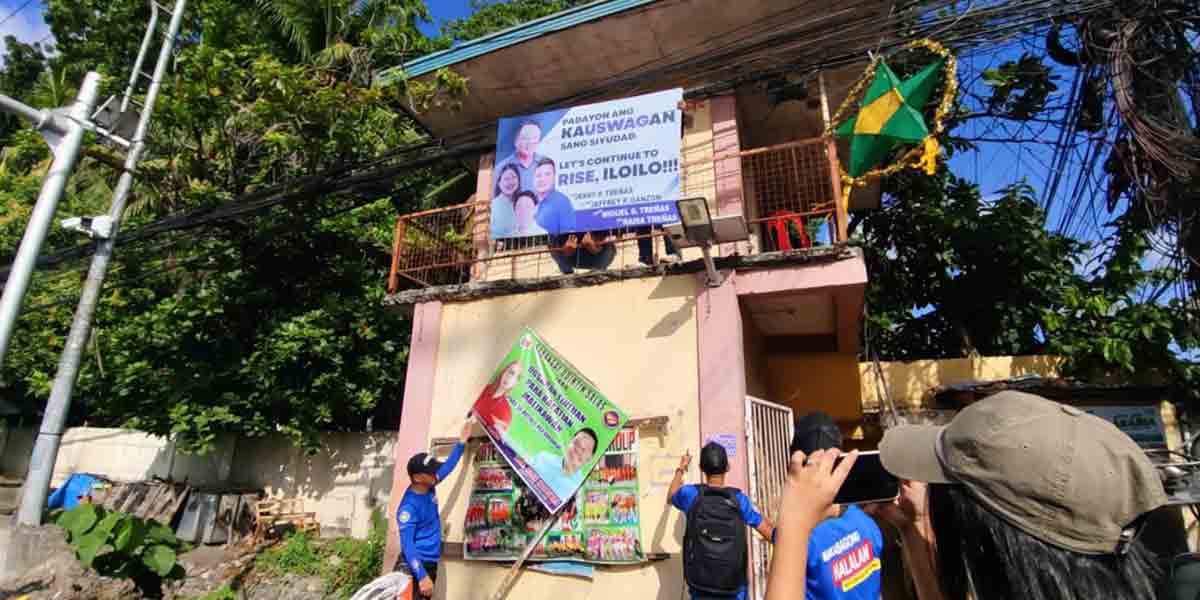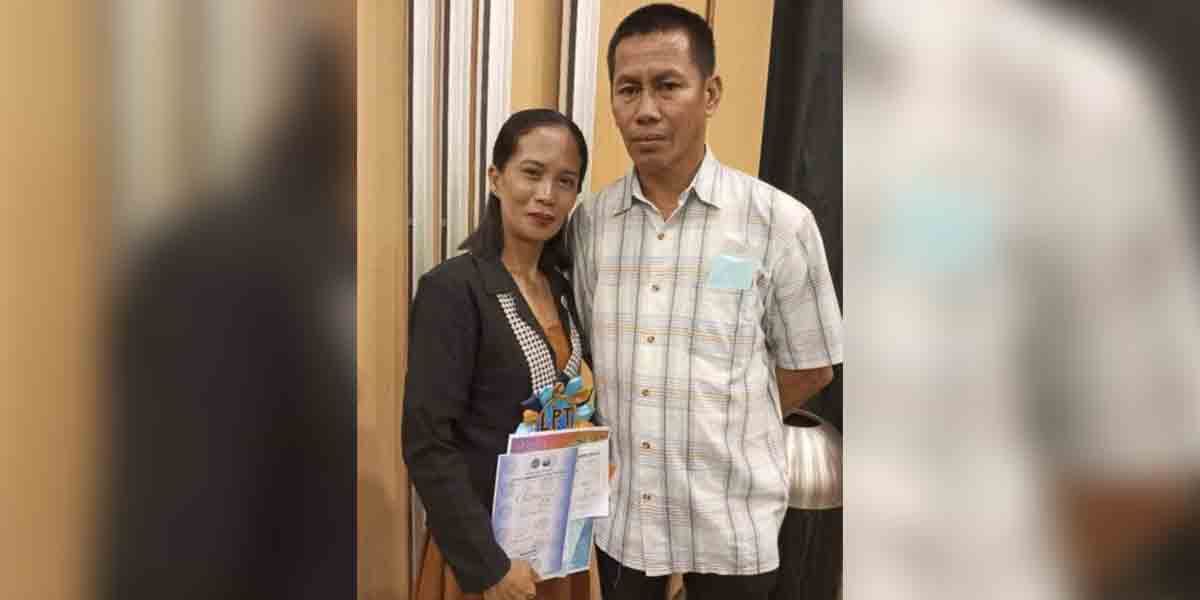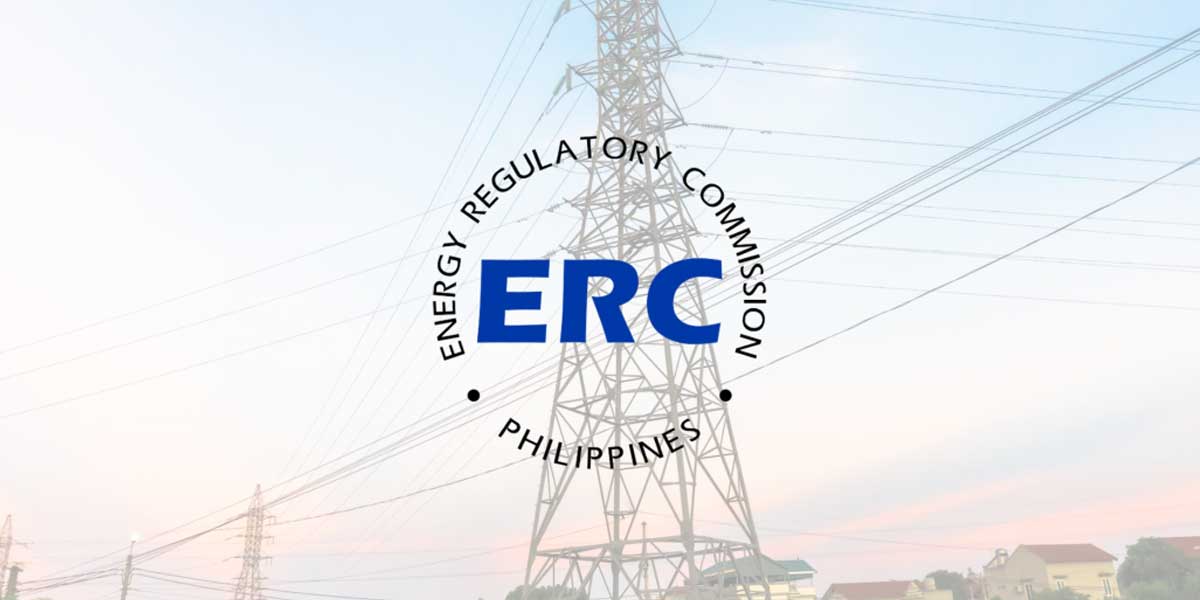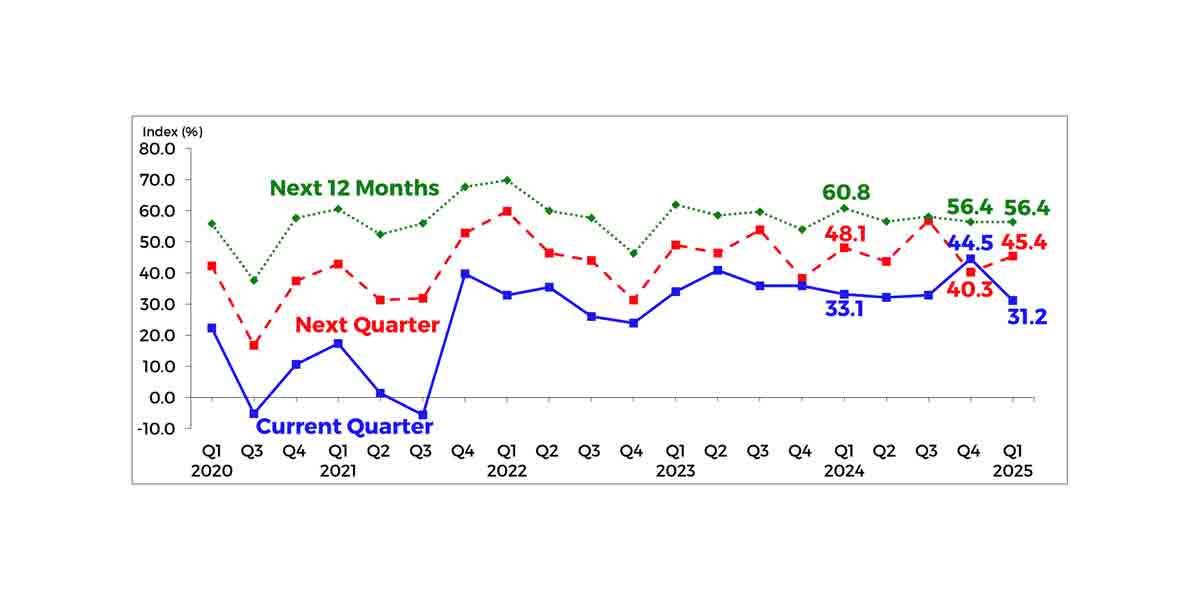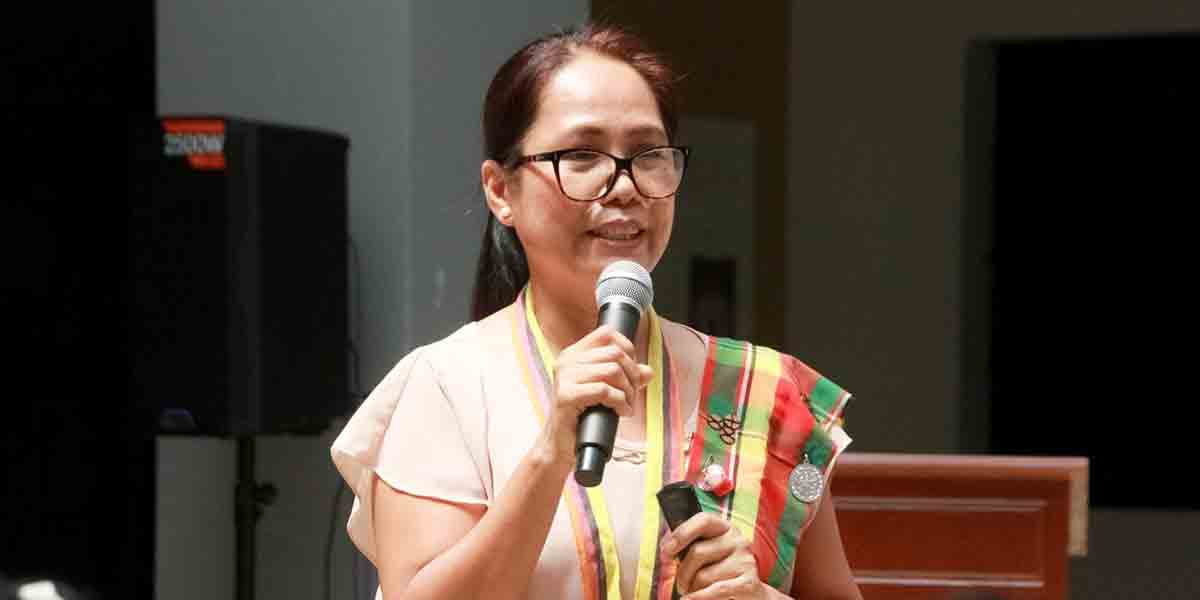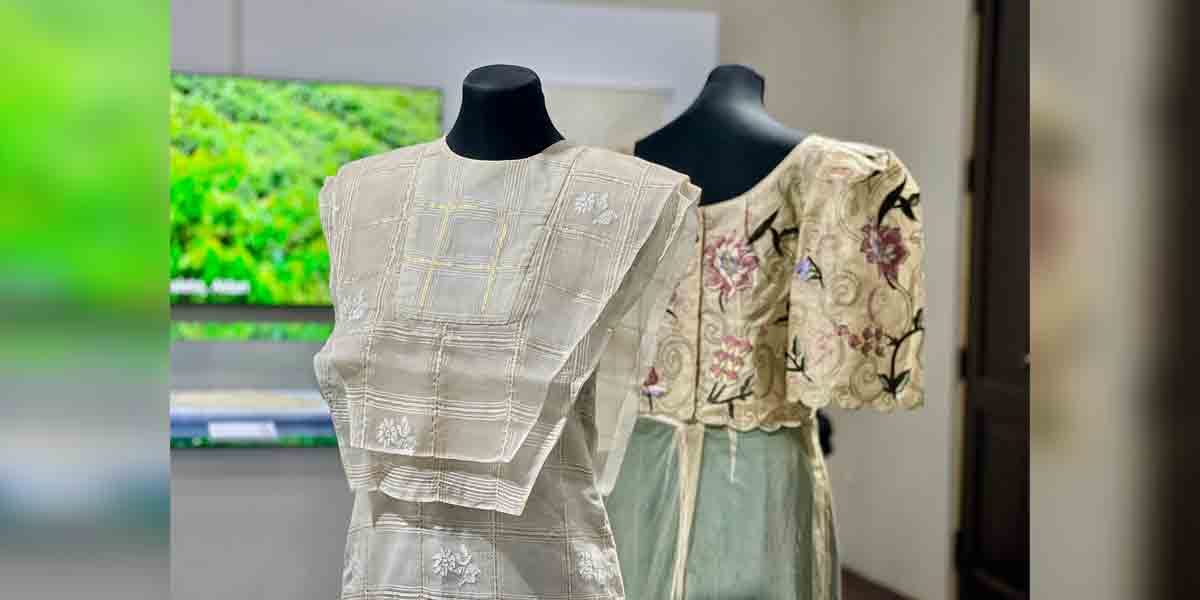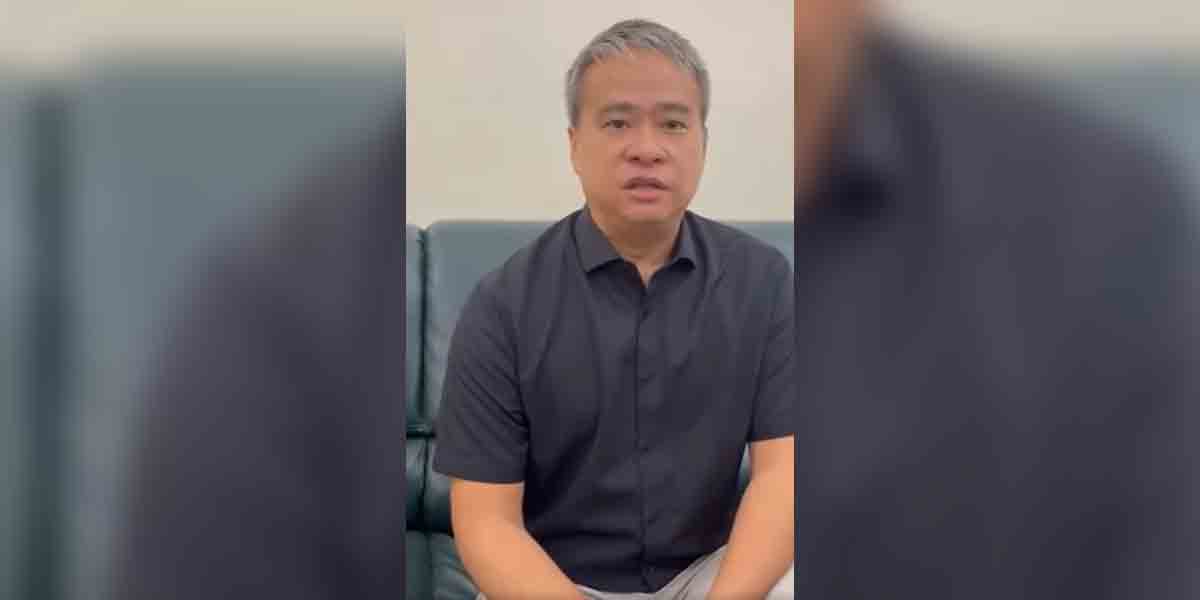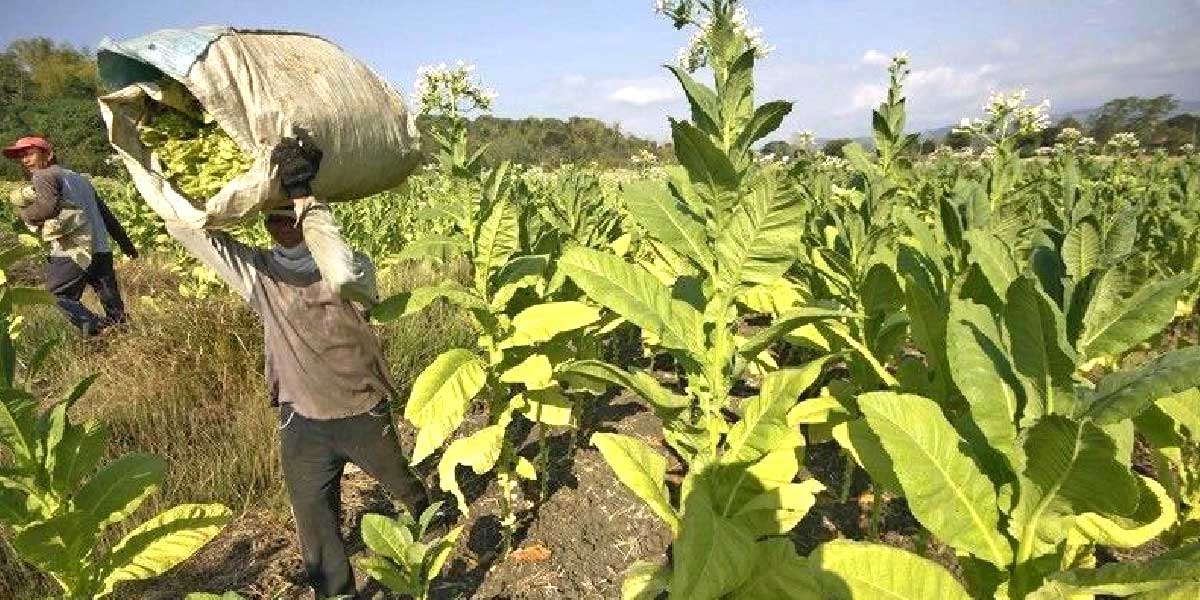
Excise tax collections of the Bureau of Internal Revenue (BIR) from cigarettes increased by 31 percent to P83 billion in the first seven months of 2021 compared with the P63 billion collected during the same period last year.
An analysis done by the Department of Finance (DOF) based on data from the BIR show that Philip Morris Fortune Tobacco Co. Inc. (PMFTC) remained the top cigarette manufacturer with excise tax payments amounting to P42.04 billion from Jan.1 to July 31, which is 6.9 percent more than the P39.3 billion it paid during the same period last year.
DOF Assistant Secretary Ma. Teresa Habitan said in her report to Secretary Carlos Dominguez III that despite Japan Tobacco International (Philippines) Inc. (JTI) registering the highest year-on-year (YOY) excise tax increase of 73.1 percent for the same period, it remained at the second spot in terms of market share with P38.8 billion in excise taxes paid.
JTI paid P22.4 billion in excise taxes from January to July of 2020, which means JTI’s tax payments grew by P16.4 billion in the same period this year.
“Based on the actual volume as of July 2021, cigarette excise tax collections reached 82.97 billion pesos or a 31 percent increase than last year’s collections of 63.3 billion pesos,” Habitan said during a recent DOF executive committee (Execom) meeting.
The remaining P2.13 billion of the total P82.97 billion in excise tax collections for the January-July 2021 period was paid by other cigarette manufacturers, such as the Associated Anglo American Tobacco Corp. (AAATC) and Kenstand Philippines Inc. (KPI).
Habitan said that based on tax data, PMFTC’s market share of 50.7 percent remained higher than JTI’s share of 46.8 percent for the first seven months of 2021.
“However, it should be noted that JTI’s share for (this) period increased by 11.4 percentage points when compared to last year. This was due to JTI’s increased volume of 55.8 percent year-on-year while PMFTC’s reported volume declined by 3.8 percent,” Habitan said.
Based on the tax collections, JTI’s volume of removals was 498 million packs and 777 million packs for the first seven months of 2020 and 2021, respectively.
“This is equivalent to an increase of 278 million packs for the first seven months of the year,” Habitan said.
She said that of the P16.4-billion increase in taxes collected from JTI, P3.9 billion was the result of the increase in the tax rate while P12.5 billion was because of the increase in volume.
The tax rate on JTI’s tobacco products increased by 11.1 percent or P5 per pack, while volume increased by 55.8 percent or 278 million packs.
For PMFTC, the volume of removals for the first seven months of 2020 and of 2021 was 874 million packs and 841 million packs, respectively.
Habitan said this is equivalent to a decline of 33 million packs for the first seven months of the year.
Of the P2.7-billion increase in the tax collections from PMFTC, P4.2 billion was because of the increase in the tax rate, while there was a revenue loss of P1.5 billion from the decline in volume.
The tax rate for PMFTC’s products also increased by P5 per pack, while its volume declined by 3.8 percent or 33 million packs, Habitan said.
Habitan said the total combined volume of JTI and PMFTC as of July 2021 increased by 245 million packs or by 17.9 percent when compared during the same period last year, all of which came from JTI.
It was only under the Duterte administration that excise taxes on cigarettes and other tobacco products were increased thrice to raise more funds for the Universal Health Care (UHC) program and the government’s other priority initiatives.
The first instance was under the Tax Reform for Acceleration and Inclusion (TRAIN) law in 2018.
This was followed by Republic Act (RA) No. 11346 or the Tobacco Tax Law of 2019, which hiked cigarette taxes to a uniform rate of P45 per pack starting last year; and RA 11467, which imposed another round of tax hikes on e-cigarettes, along with alcohol products, also starting in 2020.


